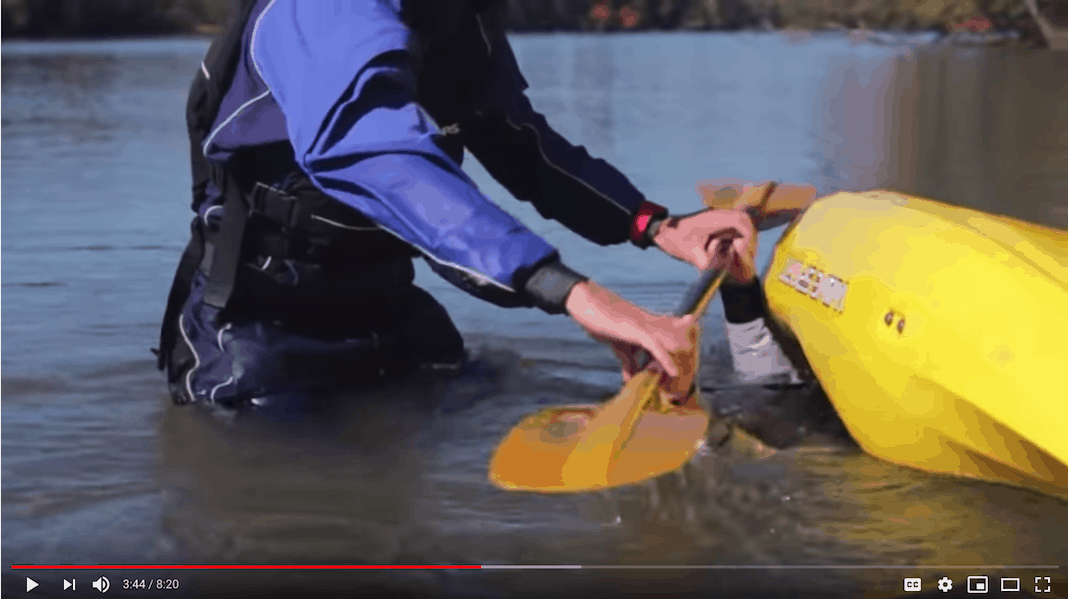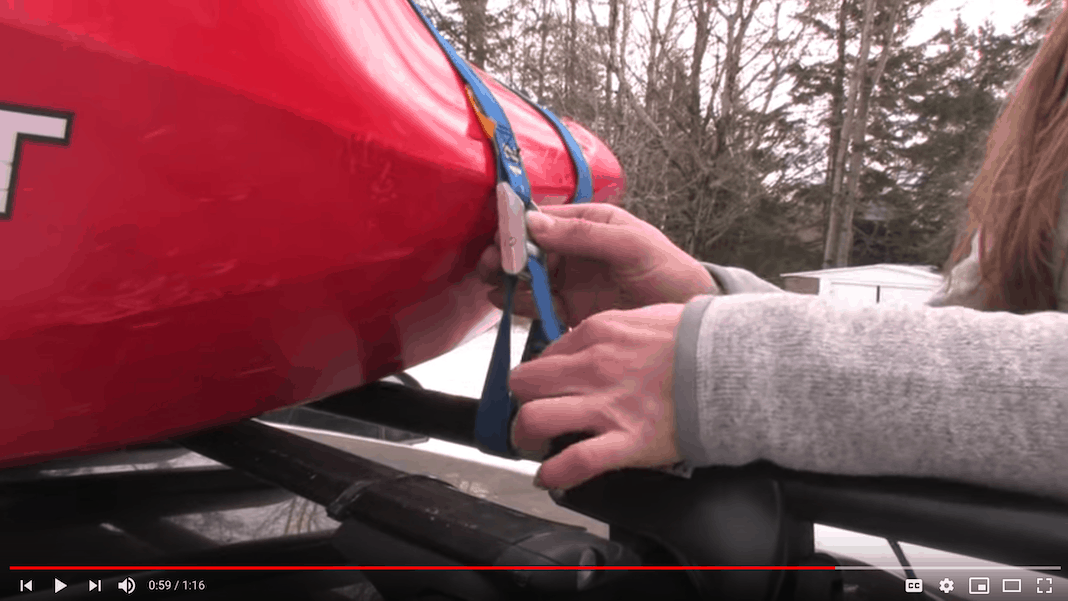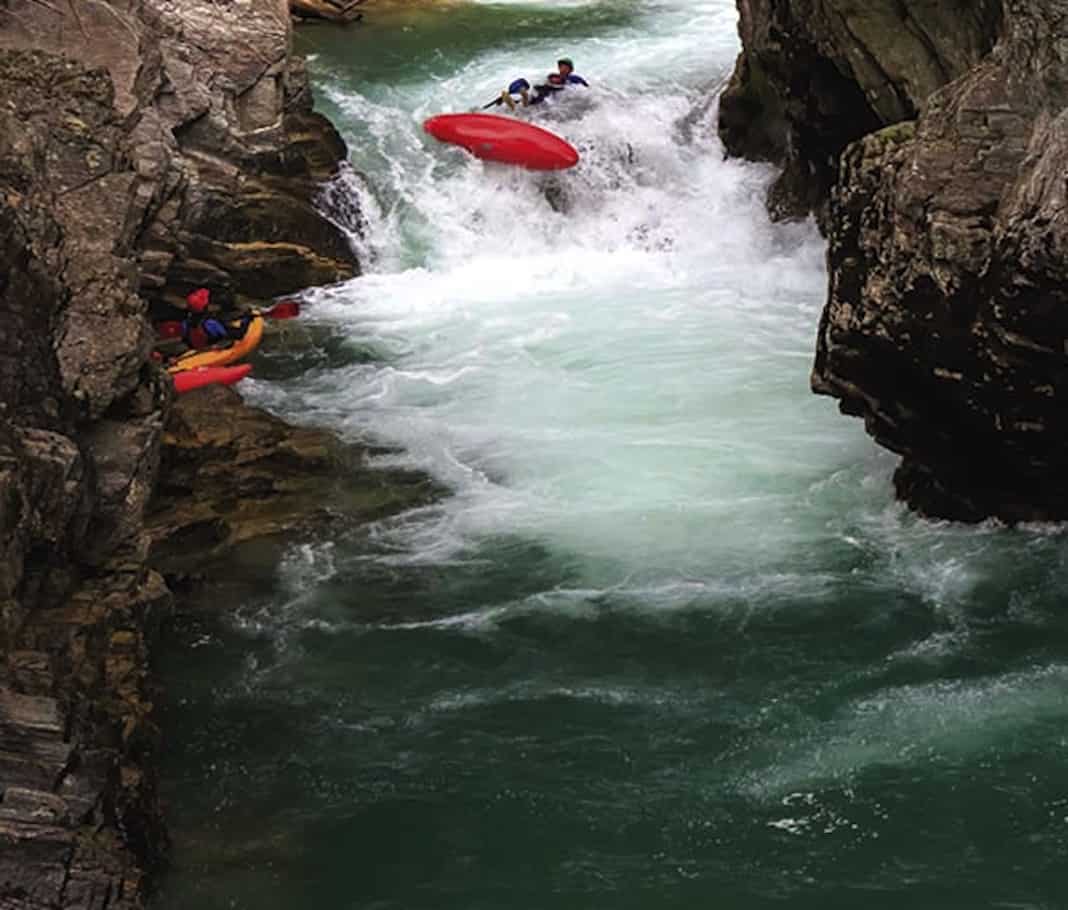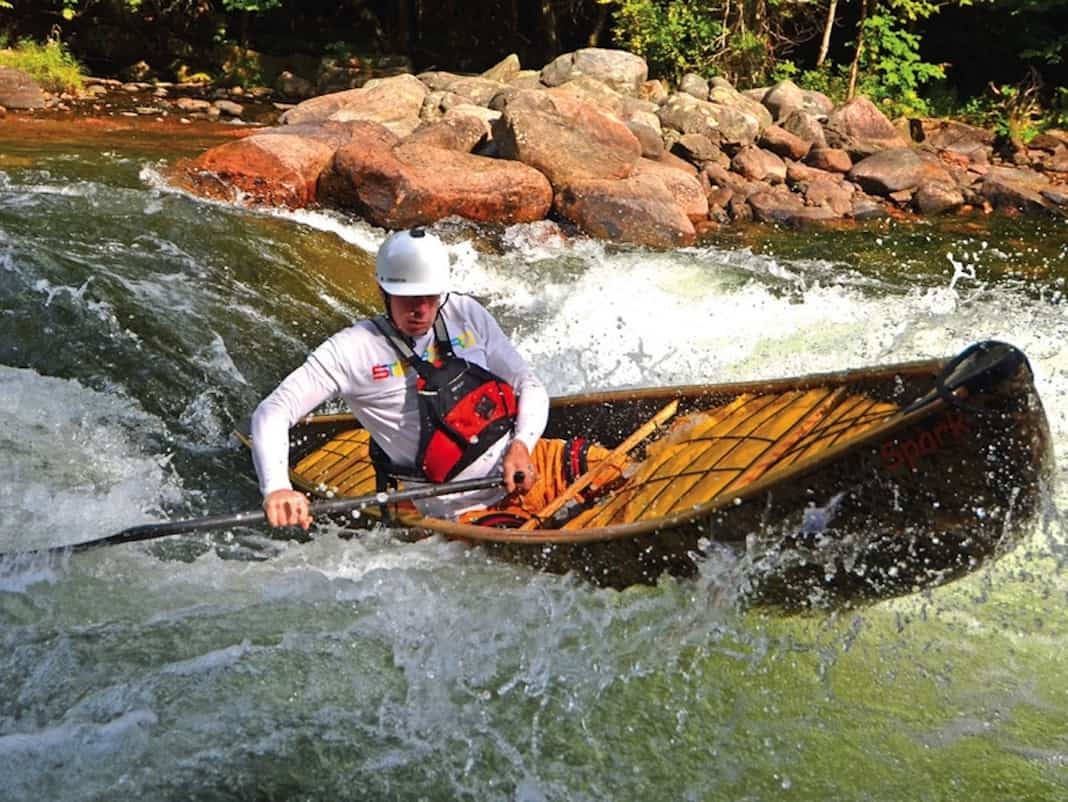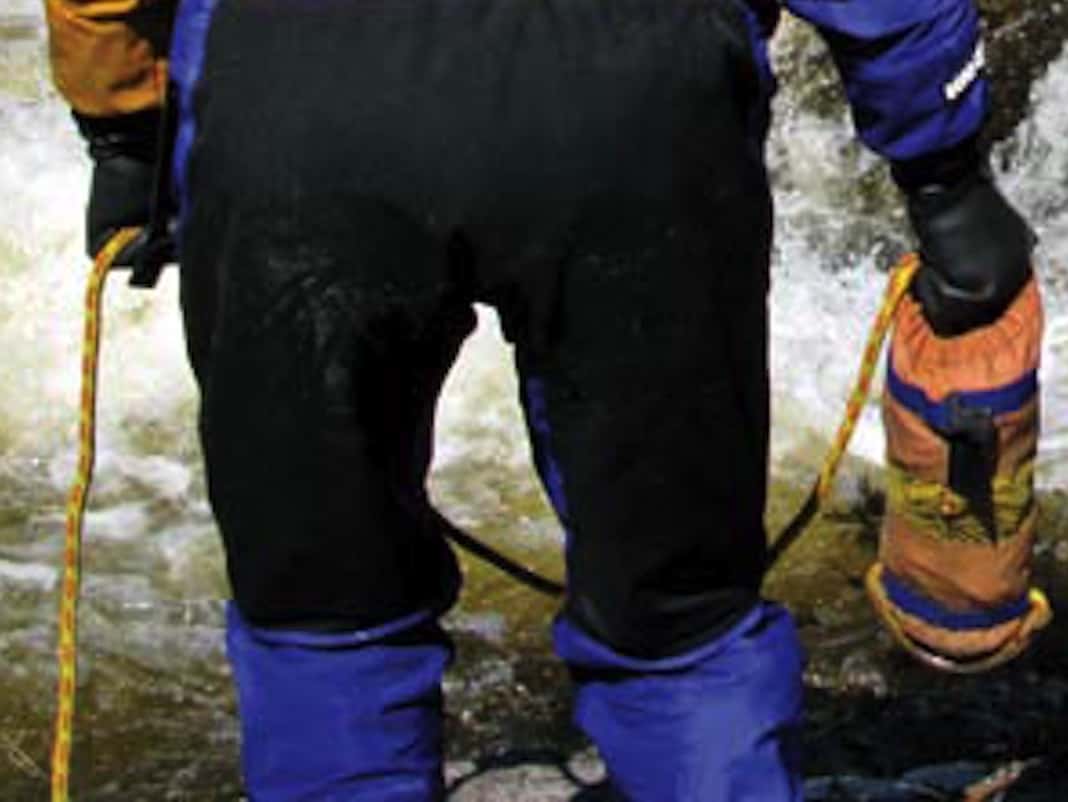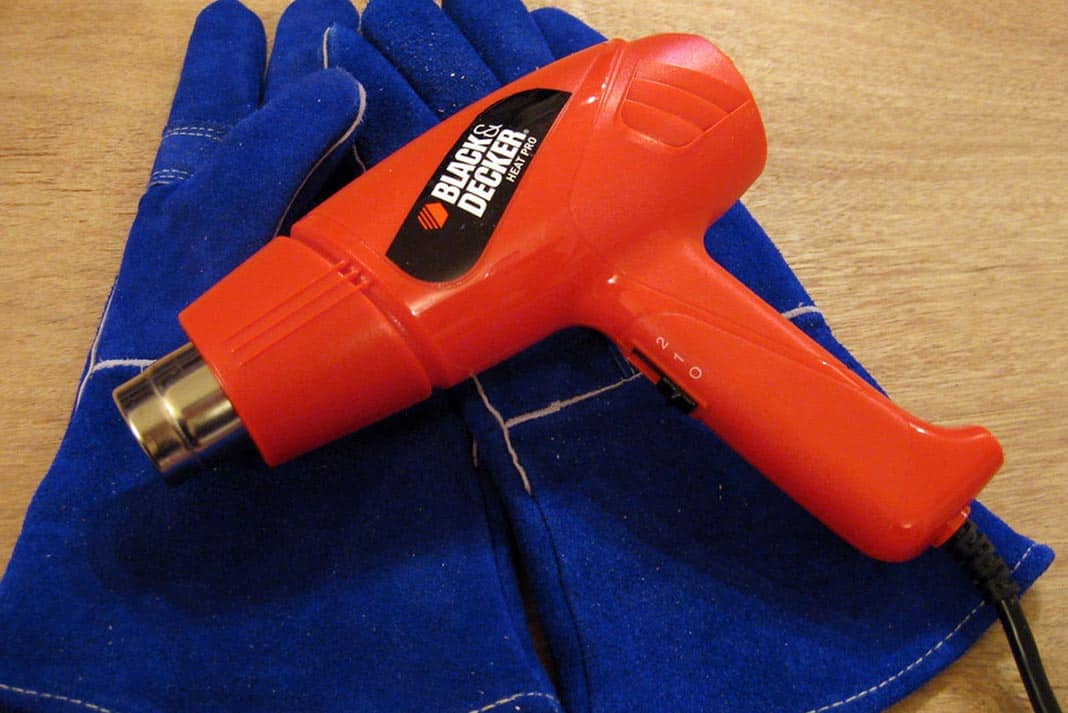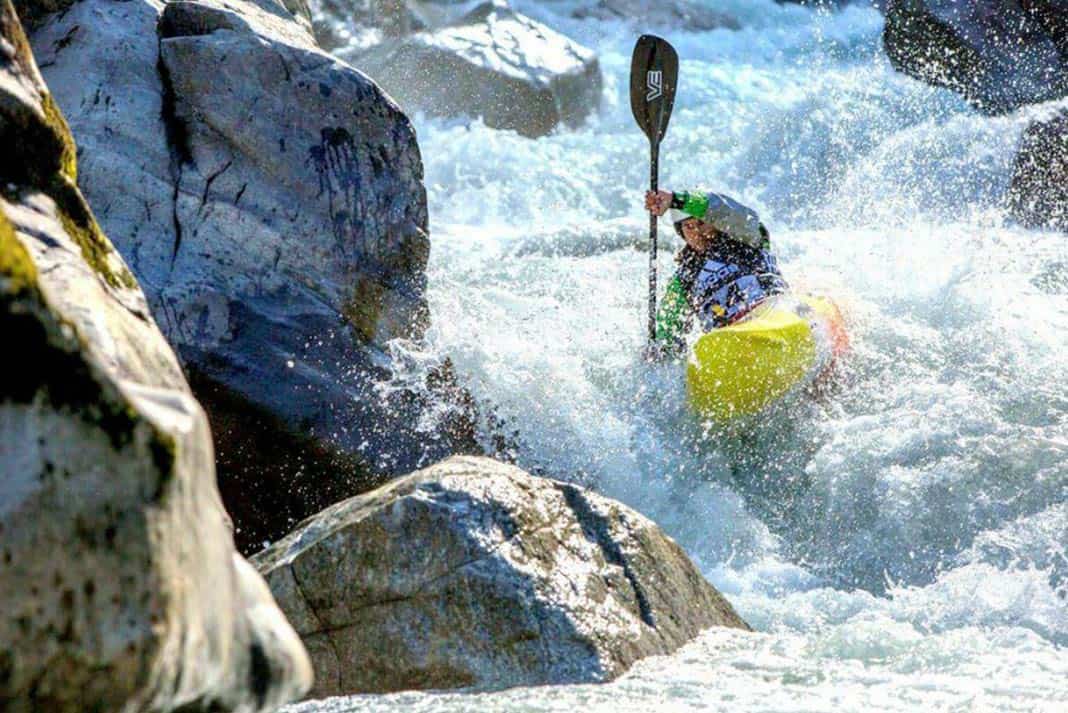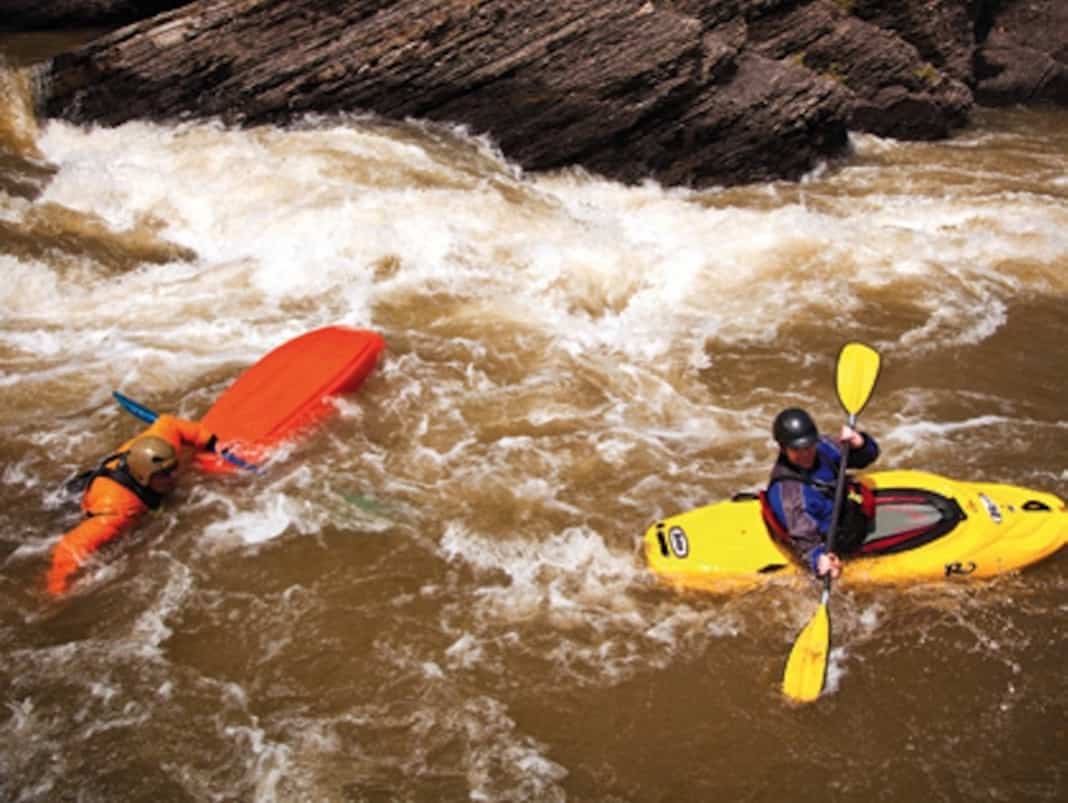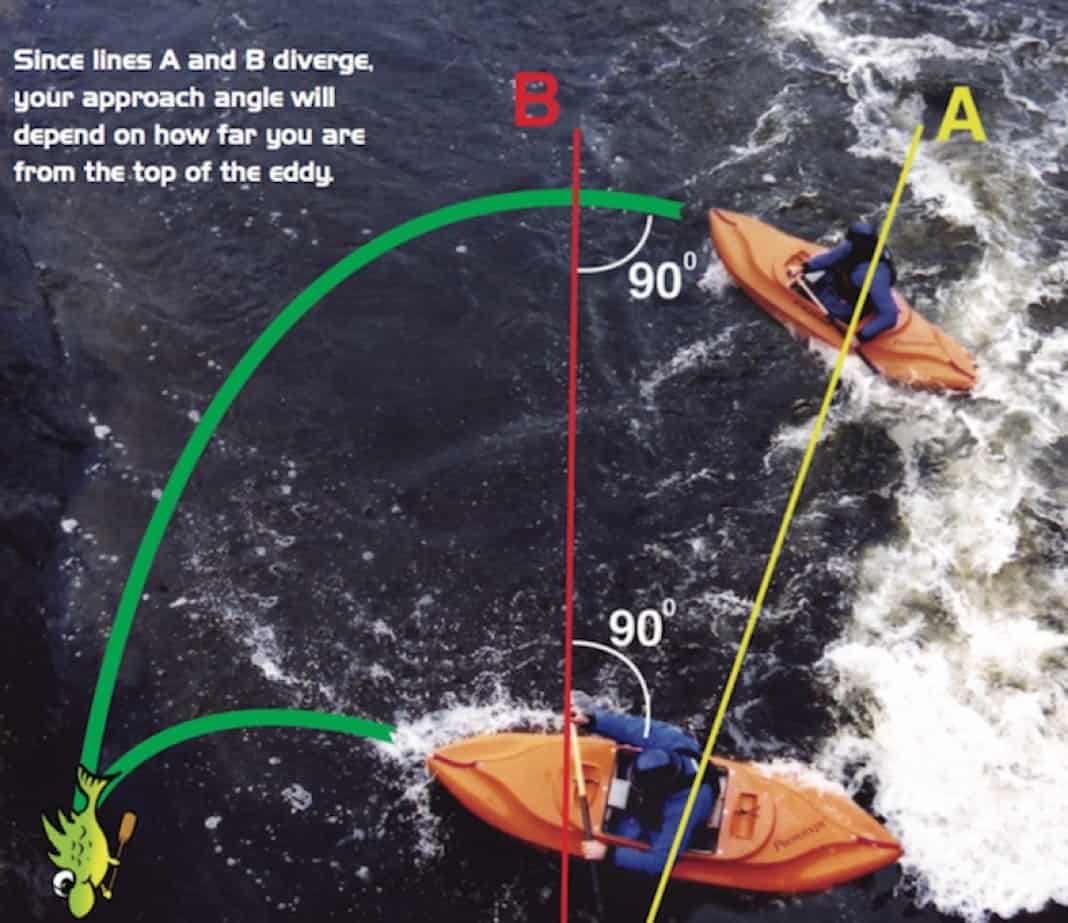You can never stop developing your skills in whitewater paddling. That’s one of the reasons whitewater is so addictive. Changing seasons, varying water levels and different styles of paddling require many different skill sets.
Over the years at Paddling Magazine we have brought you everything from beginner basic skills like rolling to more advanced techniques including boofing and nailing big drops. We’ve compiled our list of the most crucial skills for whitewater paddlers. How many have you mastered?
1. How to roll your whitewater kayak
Learning how to confidently roll your whitewater kayak transforms your experience running rivers. It means that a flip doesn’t automatically mean a long swim and a multi-person process to locate your gear downstream. Different paddlers abide by different advice, but we think ours is pretty great.
2. How to tie your kayak to your car roof
It may not be a water skill, but knowing how to tie down your kayak to the roof of your car is super essential. It means your boat makes it to the river intact, and also keeps you and other drivers on the road safe. If you’ve never had a mishap while driving with a boat on your roof, count yourself lucky and learn the best technique to keep yourself accident free.
3. How to properly swim in whitewater
Once you swim, how you handle yourself in the water can mean the difference between potential injury and arriving shaken but safe on shore. There is more to proper whitewater swimming technique than just letting yourself be swept downstream.
4. How to low brace
A rock solid low brace is a valuable tool. In big whitewater it allows you to prevent rolling by using the surface of the water against your paddle and can also prevent shoulder injuries if done correctly. If you want to stay dry and expend less energy in whitewater, master the low brace.
5. How to throw a throw bag properly
A proper throw bag toss can keep a stressful situation from turning into a whitewater disaster. In some situations you are only going to have enough time to take a single shot at a toss. Make sure your throw bag toss is strong and that you are someone your buddies can count on when it matters. Dial your throw bag technique.
6. How to fix a cracked kayak
Dang! You boofed onto something that wasn’t water or dragged your kayak on a surface you shouldn’t have. Now you’re taking on water a rate your sponge can’t keep up with. Take a day off from kayaking and learn how to repair your cracked kayak yourself and without spending a lot of money.
7. How to escape a hydraulic
Getting stuck in a hydraulic can be a scary feeling, especially the first time. Being recycled and held while the rest of the river rushes past you can cause you to panic. Learn how to properly escape a hole and next time it happens to you, you will be better equipped to stay calm and extract yourself.
8. How to recover a kayak
When someone in your crew swims, it’s important to be able to help them quickly gather their kayak and gear. Runaway boats quickly retrieved mean less time walking for the kayak’s owner and less effort used by the rescuer. Learn how to recover a kayak the best way.
[ Paddling Trip Guide: View all whitewater paddling skill courses ]
9. How to cross an eddy line
Choosing the best angle is key to successfully crossing an eddy line. If you are too wide or too short, the effectiveness of your movement can be compromised. This will be different for each eddy you encounter, so learn how to cross any eddy line efficiently.


